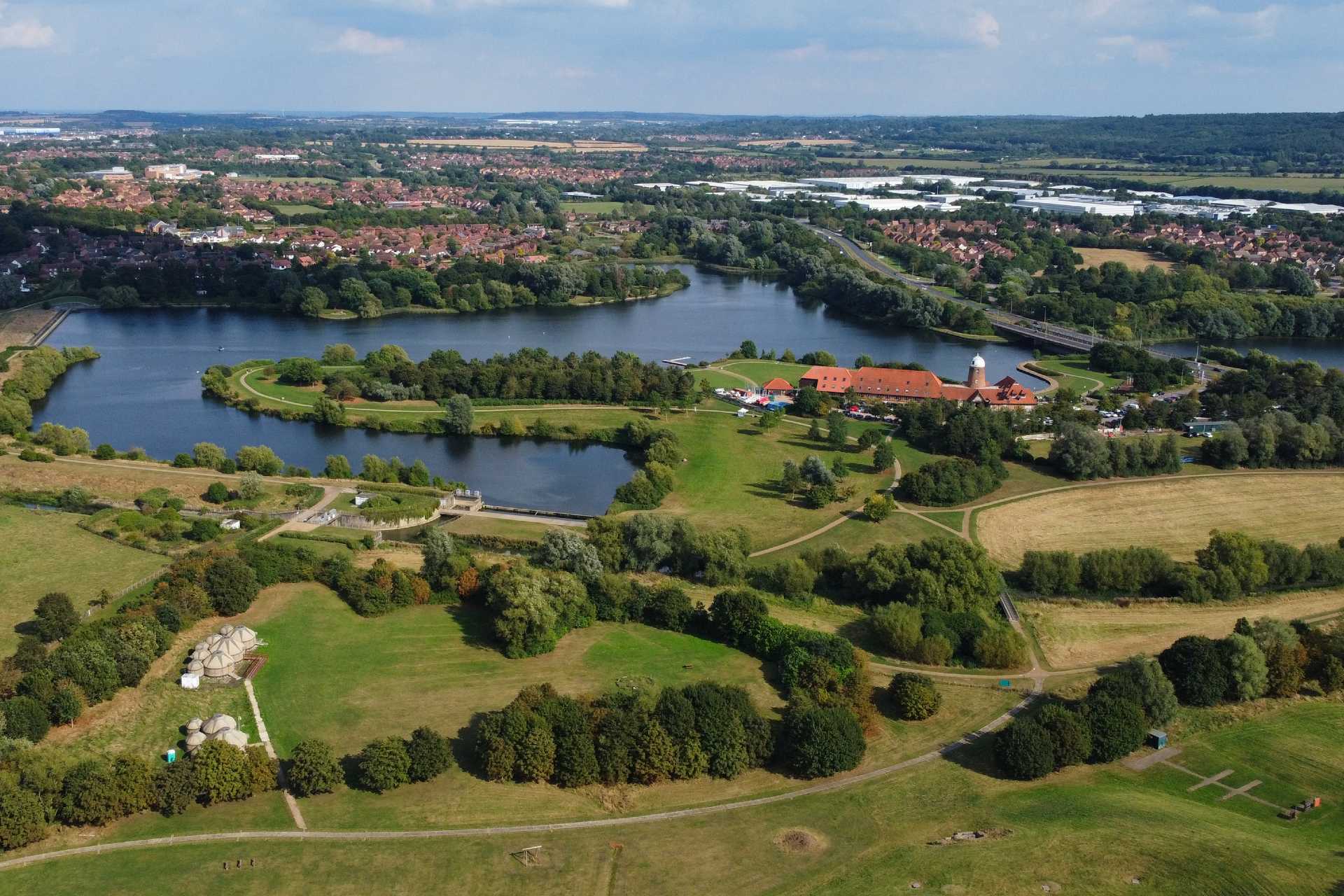The Climate Change Committee (CCC) held a live Q&A session on 12 July to follow up on its critical Progress Report to Parliament. Participants came from a wide range of sectors – not just the media but industry, environmental bodies and tech, plus at least one MP (the Green Party’s Caroline Lucas). Here are some of the key takeaways.
We’re right to worry about land use
The CCC started the session by turning the tables and asking participants a few questions, including “Which sector’s decarbonisation plans are you most concerned about?” Land use and buildings shared the top spot with 20% each, followed by surface transport (15%), “enablers” like skills and governance (11%) and aviation (10%). This is perhaps no surprise, given that the progress report identified “significant risks and policy gaps” for land use and agriculture.
Emily Nurse, the CCC’s team leader for carbon budgets, told the Q&A that she is “really concerned about land use indicators”. Tree planting rates are low and peatland restoration rates are still far too low.
Professor Corinne Le Quéré went further: “This sector almost needs an electric shock.” She told us that land use is one of the areas where the CCC is starting to merge mitigation and adaptation – careful custody of land can absorb carbon and cushion us from some of the impact of climate change. But given the time lags involved with nature-based solutions, it is urgent that we act much faster on this because so far “we’re not doing what it takes to reach the minimum level”.
The UK must work to regain leadership
The progress report says: “The UK has lost its clear global leadership on climate action.” One participant asked why that is and how to regain it. Professor Le Quéré reminded us that the UK showed clear leadership in setting a legally binding net zero target in 2019, becoming the first G7 country to do so. Having the COP presidency sent a clear signal too. But now we no longer have the COP presidency or any say in the EU trading bloc. She pointed out that we could have responded to soaring gas and oil prices by doing more to move away from fossil fuels, but we missed the opportunity. Instead, we are contemplating new oil fields and a new coal mine, even though fossil fuel exploration is at odds with our net zero target.
Her advice for regaining this leadership role: be clearer on the timescales for emissions reductions in different sectors. Be more aggressive in addressing slipping targets in areas like tree planting. And take a clear decision on no new fossil fuels, before COP28.
Professor Piers Forster added that our cross-party support for net zero efforts set us apart from other countries. We need to get behind that if we want to regain our leadership. We have committed to spend international aid money to help other countries decarbonise and adapt to the effects of climate change, so we need to get on and spend it.
Modal shift is still a vague commitment
One question noted that shifting transport modes is not in the carbon budget delivery plan, and asked how important it will be for our transport goal. Emily Nurse confirmed this: the net zero strategy estimates that reducing car journeys can cut emissions by eight megatonnes by 2030 (about 20% of total surface transport emissions). But this didn’t make it into the quantified budget plan. For her, this suggests “a lack of commitment” to modal shift. (In the UK in 2021, 72% of car journeys were under five miles and 25% were less than one mile, which suggests plenty of potential to replace car journeys with walking or cycling if the commitment was there.)
There is no realistic plan for aviation
The CCC’s suggested trajectory for aviation does not actually require cuts in the sector, just a halt on further growth. This still gives an emissions saving, plus other benefits such as lower noise pollution. But the government’s “Jet Zero” plan assumes further growth and has no realistic path to bring down emissions from flying.
Demand reduction doesn’t have to hurt the economy
The most popular question of the session came from Caroline Lucas MP: “Report is critical of over-reliance on technologies that aren’t yet scalable – which technologies in particular & is it time for demand reduction strategy?”
Professor Keith Bell responded that electrification means big improvements in efficiency, so you can do the same things but with much less energy. So you can achieve demand reduction for buildings and transport without constraining the economy at all.
Professor Le Quéré pointed out that demand reduction is already part of the strategy, but it is not quantified, which suggests “backsliding” on the use of demand reduction as a lever for change. She said that changing our behaviour in relatively minor ways would make a difference: driving smaller cars and eating a slightly lower-carbon diet.
We need an awareness campaign
Professor Forster suggested that the government may be reluctant to try to change consumer behaviour because it fears being unpopular. He pointed out that the measures we need to cut emissions will bring other benefits, such as better air quality and job creation. “We need a much stronger, better communication campaign.” One of the key messages of this should be that our lives won’t change completely – nobody is being forced to give up their car or go vegan.
Professor Bell shared research that shows people go from opposing heat pumps to supporting them when they realise that electrified heating reduces your dependence on gas and heating bills. “There could be a lot more action politically to raise understanding, because when understanding is strong there tends to be strong support. “
We need much more clarity and consistency
One person asked if centralisation is slowing down progress on net zero. Professor Forster said yes. Some cities are doing absolutely fantastic work on net zero without much support from central government. It would help greatly if the government could make clear decisions on which places will be the focus for spending on decarbonisation infrastructure.
Professor Bell echoed this, saying that the “stop-start” of central government funding is not helpful. Provided that they have the capacity, local authorities are well placed to do the work of getting their area to net zero – they just need to be supported. Mitigation and adaptation plans have to be tailored to the local conditions and supported by local people.
Time to get on with it
The overall message of the webinar, echoed by all the speakers, was one of urgency. We don’t need to solve every problem or have every answer right now in order to act. There are many areas where the course of action is clear (like planting more trees) and/or the technology is proven (such as electrification of heating systems). We can make a huge amount of progress in these no-regret areas while we take time to make the tougher decisions and await further evidence on less proven technologies. It’s time to get on with it.














